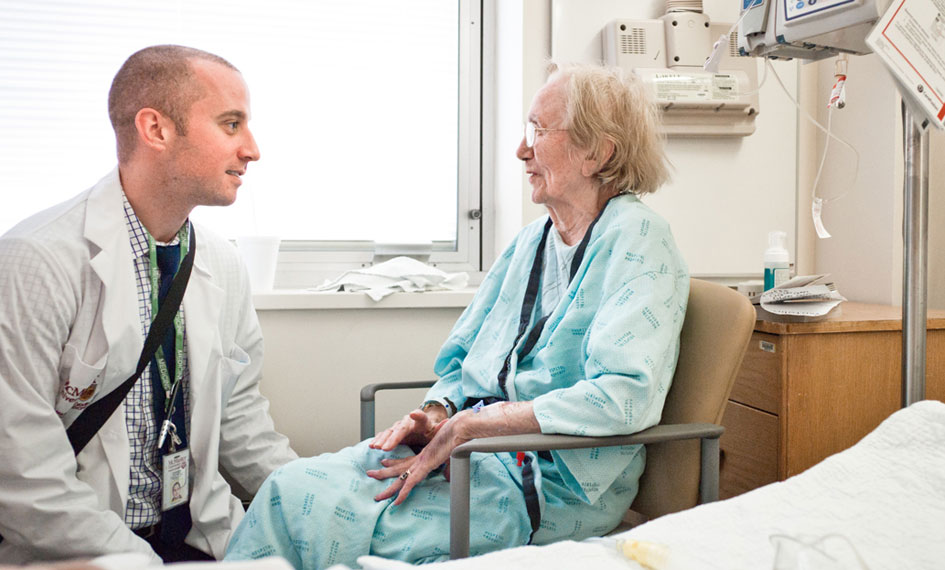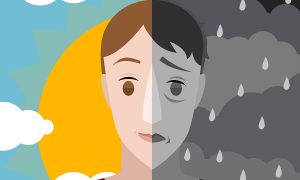
Geriatrics is a medical sub specialty that deals with the welfare and pathologies of old age, the medical care and management of aging people, and the maintenance of their quality of life. Though relatively new, this field is a very important aspect of healthcare due to the delicacy and sensitiveness of the aging phase of human life, and the apparent scientific neglect of the challenges faced by people living in this phase.
The word geriatrics was derived from “geron”, a Greek word meaning “old man”, and was made popular by Dr. Ignatz Leo Nascher in 1909. In this modern era, most countries provide that medical doctors who wish to become specialist in geriatrics, go through residency in internal medicine or family medicine to become certified. The practice of geriatrics is generally focused on the peculiar diseases of old age, and how to better the senile quality of life.
Peculiar diseases of old age
As you age, the physiological functions and capacity of your body declines, and the anatomical size of some organs may shrink. Some acquired chronic pathologies from our youthful lifestyle can also begin to manifest due to gradual waning of our body defense mechanisms and diminished immunosurveillance. The cluster of all these factors make the aged to become susceptible to a wide array of malady and health complications like:
- Neurodegenerative diseases including Alzheimer’s disease (AD), Parkinson’s disease, senile dementia, cerebral atrophy, dementia, schizophrenia, Huntington disease, intracerebral calcification, cerebellar atrophy.
- Cardiopulmonary diseases including hypertension, myocardial infarction, chronic obstructive pulmonary diseases (COPD), valvular heart diseases, pneumonia.
- Cerebrovascular disease (stroke) and cerebrovascular aneurysms.
- Endocrine related diseases including diabetes mellitus (type 2), osteoporosis, atrophic vaginitis.
- Cancers: colorectal cancer, lung cancer, stomach cancer, prostate cancer, endometrial cancer, bladder cancer.
- Psychiatric disorders: visual agnosia, depression, grandiose delusion,
- Others: Osteoarthritis, cataract, hearing loss, mobility disability.
Measures to improve health care for the elderly
For optimal outcome in the geriatric health care management, a multi-discipline approach must be employed. And this should be aimed at providing treatments or comfort for the short- and long- term challenges of the patient and also improving their quality of life. It should entail a close partnership between the geriatric professionals and the family or care givers of the patient, who are the immediate source of relief to the subject.
A customized scheme should be put in place, modeled to adequately meet the needs of the patient. Not just the healthcare, but the diet, housing, social and legal needs of the subject must be considered and a routine precautionary checkup should be put in place.
Geriatric health care workers are to be knowledgeable and experienced with the peculiarity of old age. Empathy and high communication skills are essential qualities they should hang on to.
Government policies aimed at bettering the life of the elderly and providing for their inabilities should be considered with adequate funding of pension and retirement plans, nursing home and rehabilitation facilities, assisted living facilities, health insurance policies, palliative and end of life care.
Conclusion
For now, the process of aging is inevitable and irreversible, but with proper individual, family, professional and institutional cares being provided for the aged. We anticipate not just a decrease in mortality rate, but also, an increase in life expectancy.
Onyeka, N. Victor
Clinical Medical Student,
Nnamdi Azikiwe University, Nigeria.
Onyeka, Nnaemeka Victor is a passionate content and copywriter. He is also a lover of poetry which have gotten him many publications.
Currently a clinical medical student, he has been privileged to get involved in so many philanthropic activities driven by passion to see a better world.
He simply loves writing, especially poetry and medical articles.


